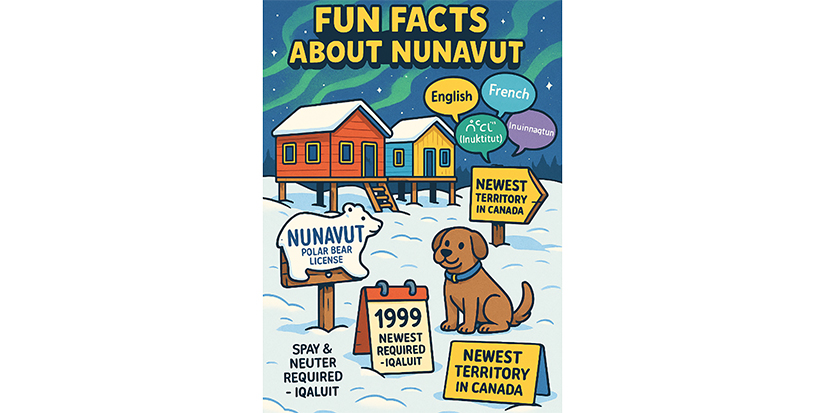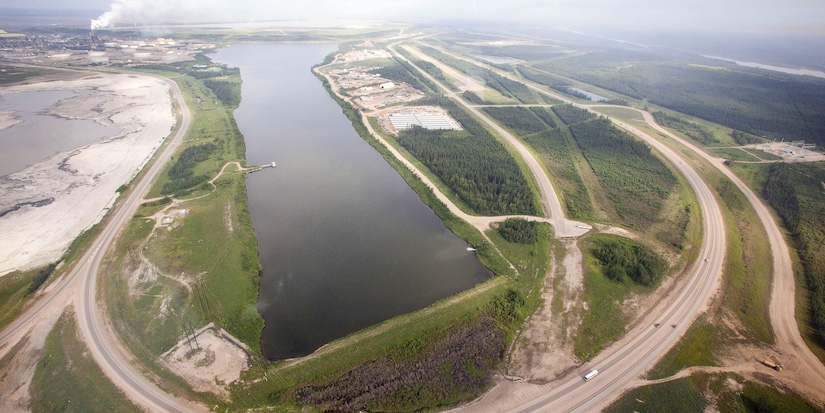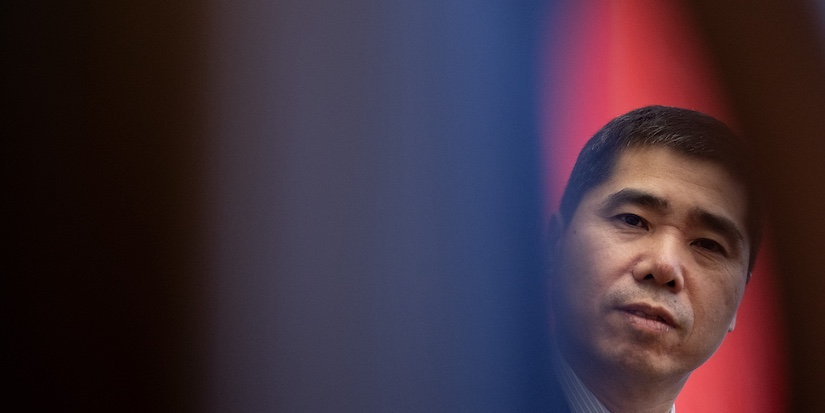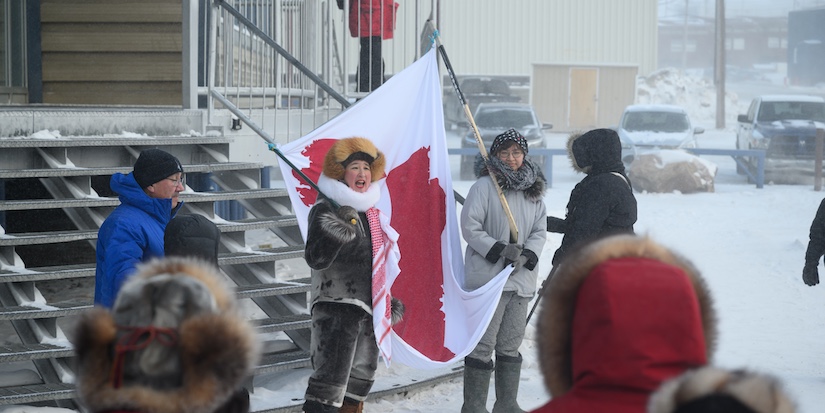Latest News
I can’t believe that’s a law: Nunavut edition

Published 11:52 PDT, Fri August 1, 2025
Last Updated: 11:33 PDT, Tue August 5, 2025
—
DISCLAIMER: The following article is for informational and entertainment purposes only, and does not reflect the opinions or views of the Richmond Sentinel. Last edition, we look at the quirky laws and bylaws in the largest territory in New Brunswick., as part of our 13-part series. In this edition, we look at the quirky laws and bylaws in the Nunavut Territory.
1. With the climate drastically changing as years have gone by, so has the ability of the permafrost that Nunavut sits upon to stay established. In 2015, Nunavut enacted the National Building Code. One of the requirements for all buildings was that they must be built on stilts that sit 1 metre above the ground. The reason behind this is, Nunavut sits atop the permafrost, if the buildings were too close to the permafrost, it may eventually sink low enough thaw out the permafrost which could destabilize foundations and collapse buildings. By maintaining the 1 metre height, cold air can circulate below, preserving the integrity of the permafrost.
2. In British Columbia, the cost for a BC Parks license plate is approximately $50 on the initial cost, followed by $40 per renewal. In Nunavut however, they took their license plates to the next level, having created Polar bear shaped license plates. However, the polar bear license plates do not require the same fees. Originally introduced in the 1970s in the Northwest Territories, the polar bear license plate design would become adopted by Nunavut in 1999 when they finally became their own territory. In 2012, a more traditional license plate would be adopted by the government before the original design was adopted again in 2024.
3. In the last edition, we learned that New Brunswick had two official languages, English and French, making it the only province to have more than one official language. However, amongst the territories, the Northwest Territories have eleven official languages, while, Nunavut has four official languages, English, French, Inuktitut, and Inuinnaqtun. In 1984, when Nunavut was still part of the Northwest Territories, the official languages act recognized Indigenous languages alongside English and French as the official languages of the territory. 15 years later, when Nunavut would establish themselves as their own territory, they would continue to follow the language rights of the Northwest Territories. In 2008, they enacted the Nunavut Official Languages Act and the Inuit Language Protection Act, which gave equal status to English, French, and Inuktitut, and incorporated the Inuit language into everyday public life, requiring the language to be present in services, education, and work.
4. In the City of Iqaluit, according to the 2022 Domestic Animal Control Bylaw No. 924; it is mandatory to spay or neuter pets.
Mandatory Spay / Neuter in Iqaluit (Animal Bylaw). The reason behind this bylaw is due to the lack of vets across Nunavut, because of this many pets go around unaltered increasing the population of stray and free-roaming animals. Violators of this bylaw are subject to a $250 fine, if a pet is found without a license or not spayed / neutered, they may be impounded and the owners may be charged for impound fees.
If you think we missed any quirky laws in the province, feel free to email us at newsroom@richmondsentinel.ca or comment under the post on one of our social media accounts. In the next edition we look at what we think are the most interesting or quirky laws and bylaws across the country.





























